Newton's Apple (1983)
Newton's Apple (1983)
Plot.
Where to Watch.
Cast & Crew.
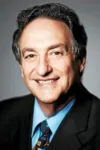
Ira Flatow
Self - Host

SuChin Pak
Self - Host

Peggy Knapp
Self - Field Reporter / Self - Host

David Heil
Self - Host

Dave Huddleston
Self - Host

Richard Hudson
Producer

Brian Hackney
Self - Host

Tacy Mangan
Producer

Lee Carey
Producer
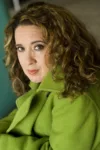
Eileen Galindo
Self - Host

Kaye Zusmann
Producer

Ira Flatow
Self - Host

James Steinbach
Executive Producer
Media.
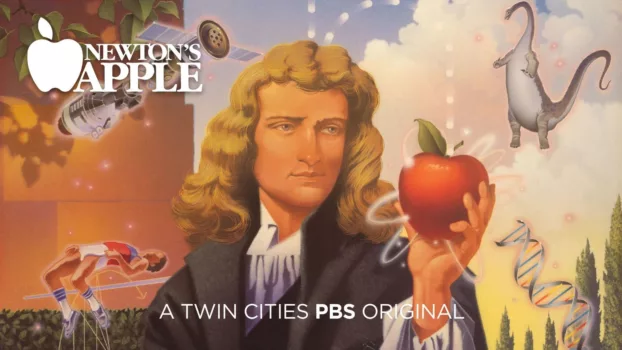
Details.
Release DateOctober 15, 1983
StatusEnded
Seasons15
Episodes195
Running Time30m
Genres
Last updated:
This TV Show Is About.
Wiki.
Newton's Apple was an American educational television program produced and developed by KTCA of Minneapolis–Saint Paul, and distributed to PBS stations in the United States that ran from October 15, 1983, to January 3, 1998, with reruns continuing until October 31, 1999. The show's title was based on the legend of Isaac Newton sitting under a tree and an apple falling near him—more popularly, on his head—prompting him to ponder what makes things fall, leading to the development of his theory of gravitation (an event often loosely described as him "discovering" gravity). The show was produced by Twin Cities Public Television (TPT). For most of the run, the show's theme song was Ruckzuck by Kraftwerk, later remixed by Absolute Music. Earlier and later episodes of the show featured an original song.
Ira Flatow was the show's first host during the first five seasons and in the 6th season, he was replaced by David Heil, then assistant director of the Oregon Museum of Science and Industry (OMSI). In the 4th season, Peggy Knapp joined the show as a field reporter and later became the co-host in the 13th season. The last three seasons were hosted by the team of Peggy Knapp, Dave Huddleston, Brian Hackney, David Heil and SuChin Pak. In the 14th season, Peggy Knapp was replaced by actress and voiceover artist Eileen Galindo. An occasional short feature called "Science of the Rich and Famous" featured celebrities explaining a scientific principle or natural or physical phenomenon; for example, rock star Ted Nugent explained guitar feedback, Olympic gold medalist skater Scott Hamilton demonstrated angular momentum in the context of a skater's spin, Monty Hall explained principles of probability, and Betty White showed how cats purr.
Newton's Apple won numerous national awards including the American Association for the Advancement of Science Science Journalism Award, the Parent's Choice Award, and the 1989 Daytime Emmy Award for Outstanding Children's Series.
A segment in the early years, titled "Newton's Lemons," used 1950s-era newsreels of a device that was considered "futuristic" at the time of its introduction but had long since been simply forgotten.
Quick clips from the series were also aired in between programming as "A Bite from Newton's Apple" on many PBS stations.
You May Also Like.

Gad Guard (2003)

月明三更 (2011)
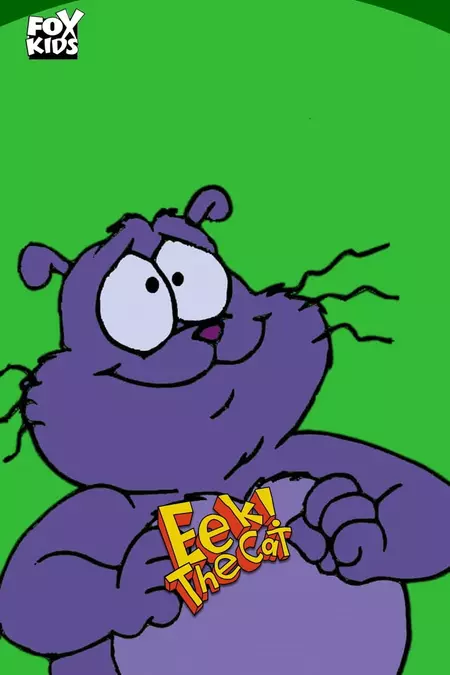
Eek! The Cat (1992)

Omizu no Hanamichi (1999)

Larva Island (2018)

Black Lake (2016)

Ao to Boku (2018)
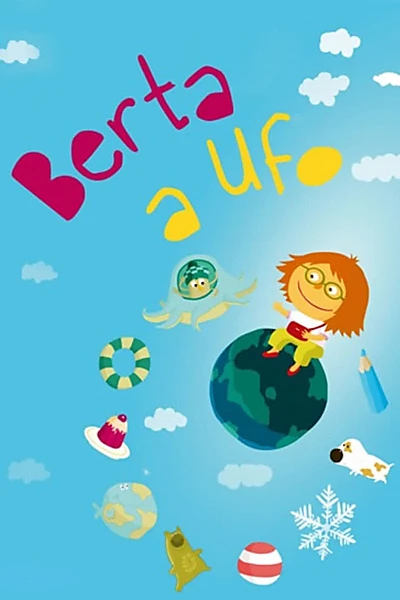
Berta a Ufo (2007)

Little Bird (2023)
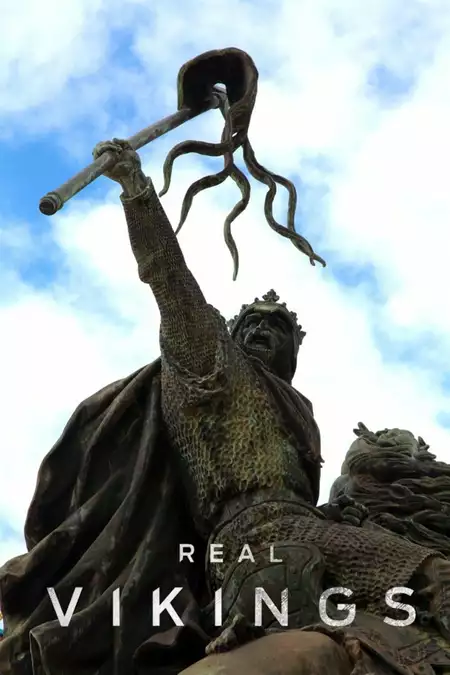
Real Vikings (2016)
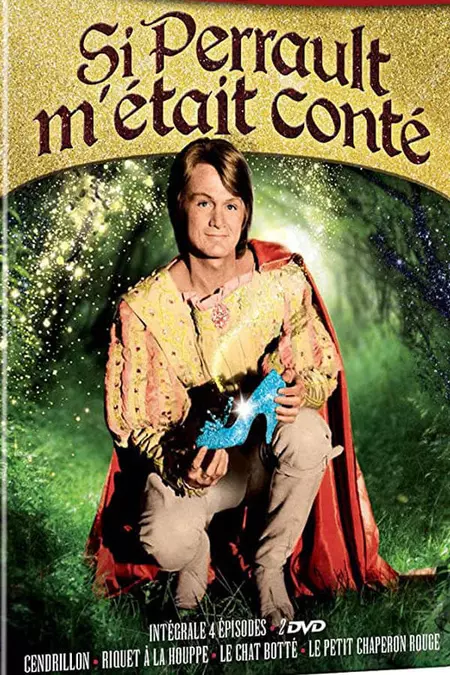
Si Perrault m'était conté (1966)

El sexólogo (1994)
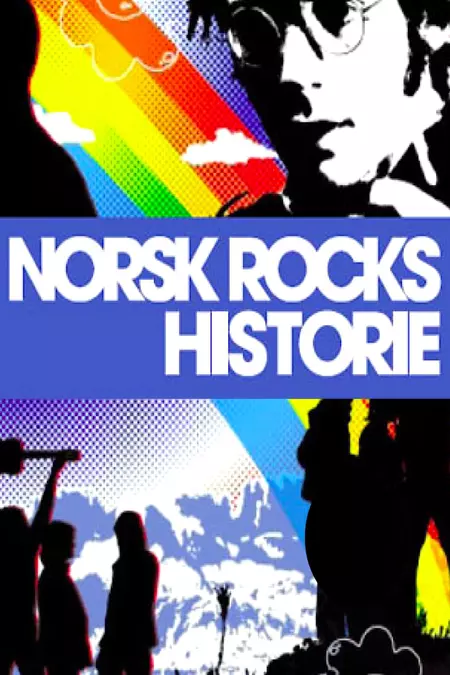
The History of Norwegian Rock Music (2004)
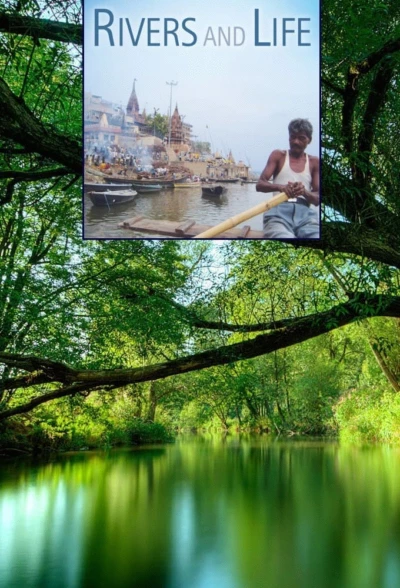
Rivers and Life (2009)

Alardea (2020)

Green Light - Intimate Love Briefing 2 (2017)
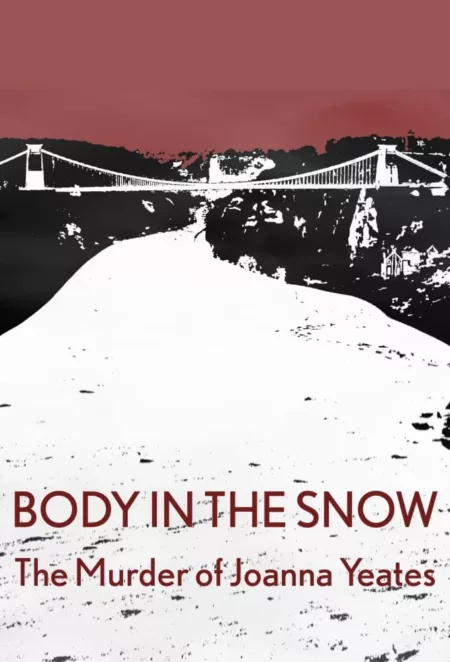
Body in the Snow: The Murder of Joanna Yeates (2021)


